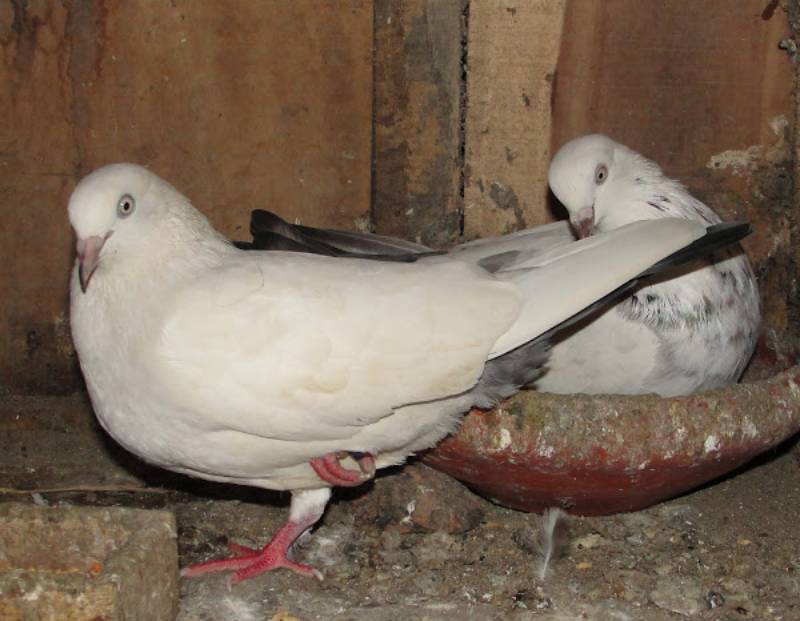×
The Standard e-Paper
Join Thousands Daily

Pigeons are raised in a pair. One pair of male and female pigeon stay together for their whole life. Photo: roysfarm.com
Pigeons are ornamental birds reared for their meat, eggs and for security purposes.